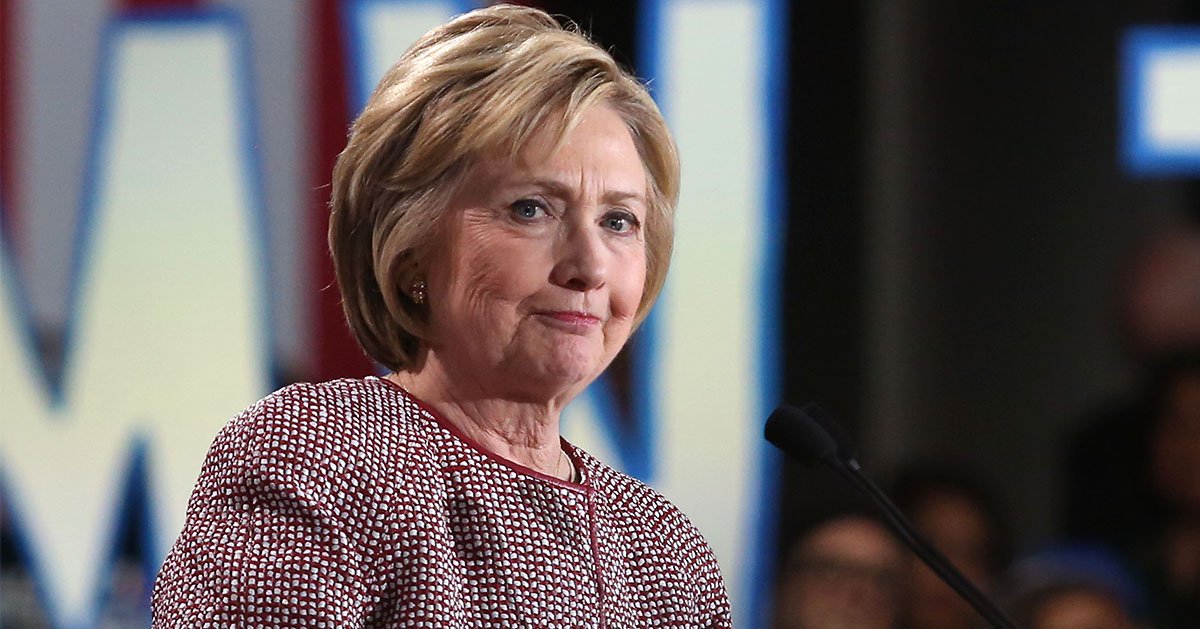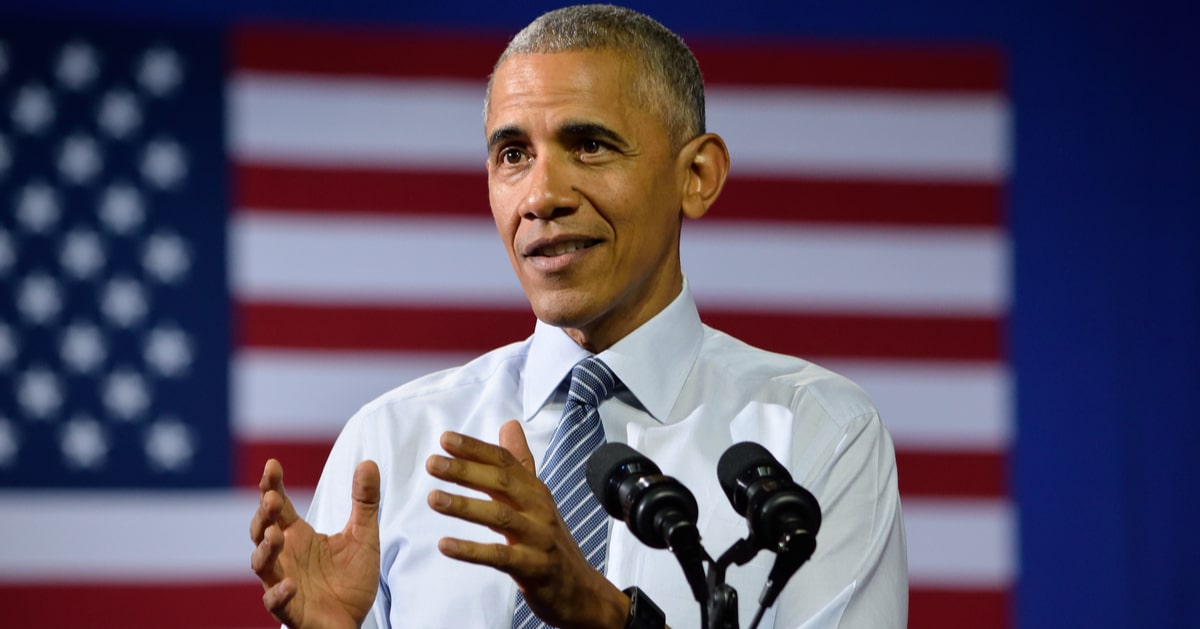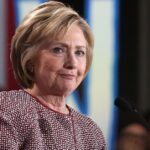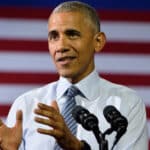








Italian Prime Minister Giorgia Meloni is preparing for her first official meeting with U.S. President Donald Trump at the White House, paving the way for critical discussions on tariffs impacting European Union products.
Just The News reported that Meloni, a longstanding Trump supporter, plans to push for a "zero-zero" tariff deal, aiming to reduce financial strains and establish a free trade zone between North America and Europe.
Meloni, who assumed office as Italy's prime minister in 2022, has consistently demonstrated her support for Trump. She was the first world leader to congratulate him on his 2024 reelection and later met with him at his Mar-a-Lago estate shortly after.
Her allegiance was further underlined by her attendance at Trump's inauguration, a gesture not echoed by any other EU leader.
In the face of mounting trade tensions, Trump's administration initially imposed 25% tariffs on steel, aluminum, and automotive exports from the EU.
The subsequent rollout of an additional 20% levy on nearly all other EU exports exacerbated the situation. Although the latter tariffs have been temporarily postponed for 90 days, a 10% tariff remains in place, causing fluctuations in European stock markets.
Meloni's visit to the United States marks the first by an EU leader since these tariffs were enacted. She is determined to advocate for a reduction in the tariff rates; however, Trump’s stance on maintaining a strict trade policy poses a significant challenge. He encapsulated the aggressive trade climate by asserting, "Countries are calling us up, kissing my ass, they are dying to make a deal."
Central to Meloni's diplomatic mission is her ambitious proposal for a "zero-zero" tariff policy, which seeks to eliminate all tariffs between the EU and North America. This revolutionary concept has garnered support from influential figures like Elon Musk.
Musk highlighted the potential benefits of such a plan, suggesting it could create a seamless trade environment between the two regions.
Despite the optimism attached to this initiative, U.S. Secretary of Commerce Howard Lutnick previously turned down the "zero-zero" tariff proposal in February. The possibility remains that Meloni's efforts may at least rekindle negotiations, as international economist Javier Noriega suggested.
"The best-case scenario is that no serious option is taken off the table," Noriega stated, hinting at the likelihood of future conversations.
Meloni's strategy comes on the heels of an urgent need to address the economic repercussions stemming from the imposed tariffs. Her discussions with President Trump are expected to consider various avenues for reconciliation and trade cooperation. The potential for establishing a framework for a free trade zone remains a significant aspect of her agenda.
Compounding the diplomatic efforts, Vice President JD Vance's upcoming visit to Rome over the Easter weekend underscores the ongoing exchange of dialogue between the two nations. It is indicative of shared interests and mutual aspirations to stabilize economic relations and pursue prosperous outcomes.
Resolving these tariff disputes could forge a new chapter in EU-U.S. relations, benefiting various stakeholders across both continents. While immediate results might not be anticipated, experts like Noriega foresee the talks as a catalyst for sustained dialogue.
As Meloni prepares for her pivotal meeting in Washington, the international community closely watches the outcomes. The engagement embodies both the challenges and opportunities tied to global economic policies and international diplomacy.
Should this visit yield any progress, it might set into motion a series of measures to alleviate tariff tensions significantly. However, substantial groundwork remains necessary before this goal is realized, as evidenced by the complexity of trade agreements.
As Meloni embarks on this mission, she brings with her the hopes of European nations seeking a reprieve from economic strains.
Her commitment to finding solutions, coupled with persistent diplomatic dialogue, will ultimately define the trajectory of EU-U.S. trade relations moving forward.
Success in these efforts could potentially herald a new era of cooperation characterized by innovation and growth for both economies. For now, the international community awaits with anticipation, eager to witness the unfolding of this significant chapter in transatlantic relations.



